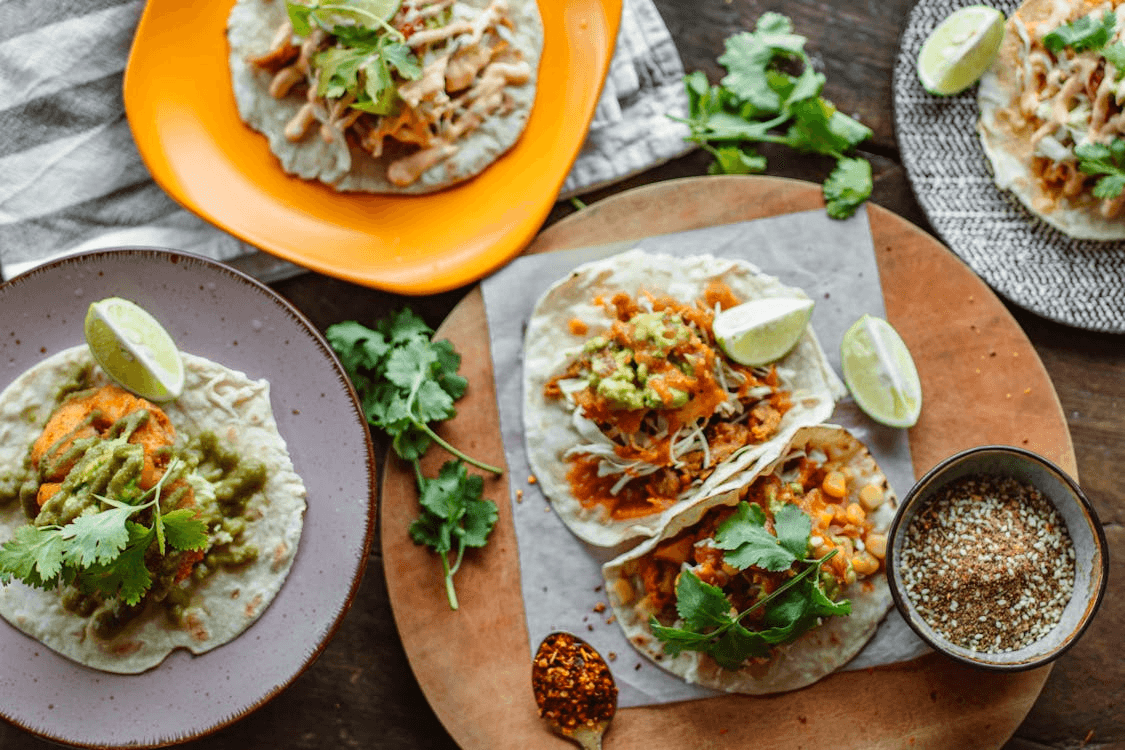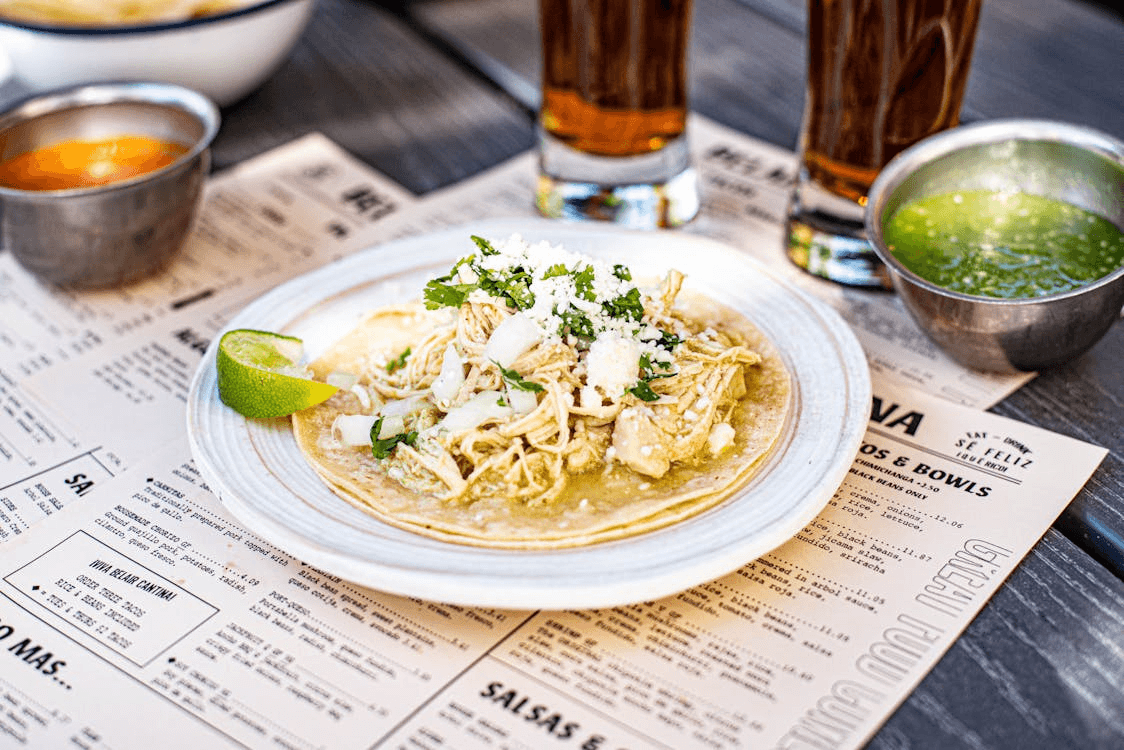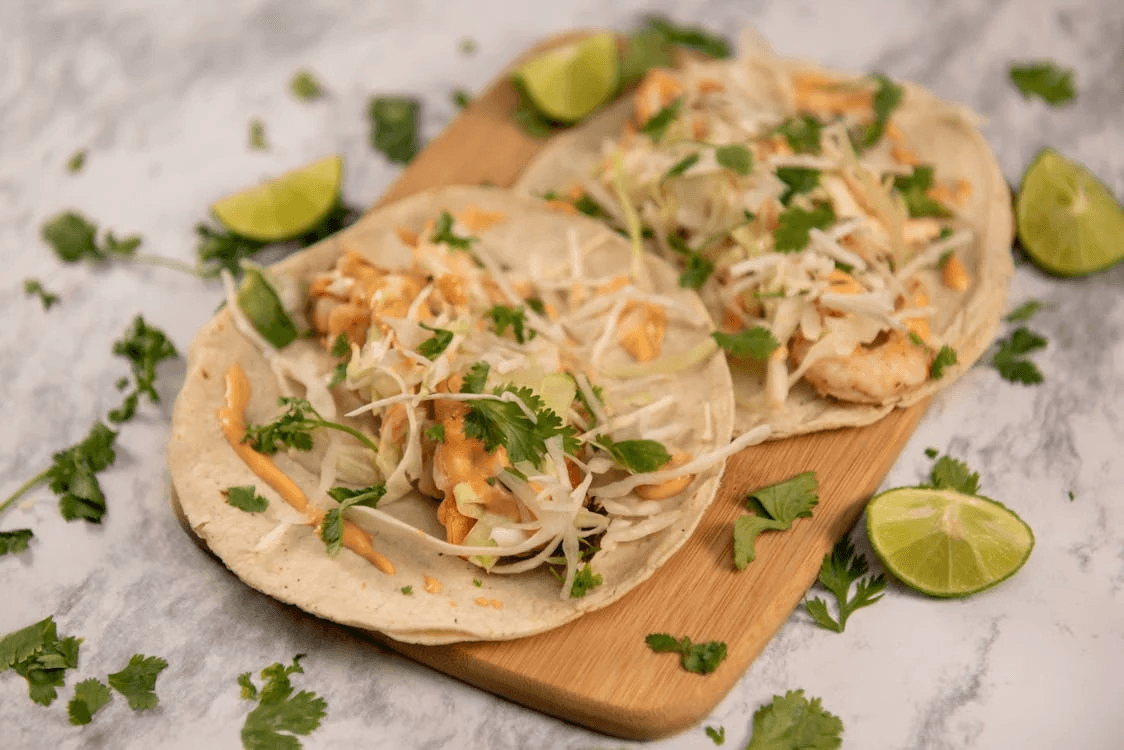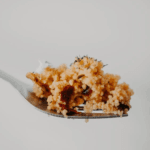Introduction: The Power of Allergen-Free Eating
Embracing a gluten-free, dairy-free, and soy-free lifestyle can bring transformative health benefits—especially for those with food sensitivities, autoimmune conditions, or a desire to reduce inflammation. Whether you’re managing celiac disease, lactose intolerance, or soy allergies, or simply aiming for a cleaner diet, removing these common allergens can result in better digestion, clearer skin, reduced inflammation, and improved energy levels.
At staging.glutenanddairyfreerecipes.com, we support your journey with trusted, family-friendly allergy-safe recipes. And today’s hot topic? Corn tortillas. Are they gluten-free? How can you use them creatively in clean eating meals? Let’s dive in.
Are Corn Tortillas Gluten-Free?
Yes—most traditional corn tortillas are naturally gluten-free. Made from ground corn (masa harina), water, and lime (calcium hydroxide), they don’t typically contain wheat, barley, or rye—the three gluten-containing grains. However, always check the label. Cross-contamination can occur in facilities that process wheat.
What to Look for:
- Certified gluten-free label
- Simple ingredients: masa harina, water, salt
- No flour blends or wheat additives
For those seeking dairy-free and soy-free options as well, you’ll be happy to know that plain corn tortillas generally meet all three criteria.
Nutritional Highlights of Corn Tortillas
Corn tortillas are a nutrient-dense, low-calorie staple for clean eaters.
| Nutrient (per 1 medium tortilla) | Amount |
|---|---|
| Calories | ~50 |
| Protein | 1.4g |
| Carbs | 10g |
| Fiber | 1.3g |
| Fat | 0.7g |
| Iron | 2% DV |
| Magnesium | 4% DV |
Why they’re great:
- Whole grain option
- Low in fat
- Naturally free of dairy, soy, and gluten
- Good source of fiber and essential minerals
5 Clean Eating Recipes Using Corn Tortillas
Here are our favorite gluten-free, dairy-free, soy-free recipes that turn simple corn tortillas into family-friendly allergen-free meals:
1. Tortilla Veggie Wraps with Hummus
Ingredients:
- 4 certified gluten-free corn tortillas
- 1 cup hummus (ensure soy-free)
- Sliced cucumber, shredded carrots, spinach, avocado
- Sprinkle of hemp seeds
Instructions: - Warm tortillas slightly to soften. Spread with hummus.
- Add veggies and seeds. Roll and enjoy!
Nutritional Highlights: - High in fiber and plant-based protein
- Omega-3s from hemp seeds
2. Breakfast Tortilla Tacos
Ingredients:
- 4 corn tortillas
- 1 cup scrambled chickpea “eggs” (or Just Egg substitute)
- Sautéed bell peppers and onions
- Salsa and avocado
Instructions: - Assemble warm tortillas with fillings.
- Top with salsa and avocado.
Nutritional Highlights: - Protein-rich
- Anti-inflammatory with turmeric (in chickpea egg)
3. Crispy Tortilla Chips (Baked)
Ingredients:
- 6 corn tortillas
- Olive oil spray
- Sea salt
Instructions: - Cut tortillas into wedges, spray lightly with oil, and bake at 375°F for 10–12 minutes until crispy.
Nutritional Highlights: - Low oil content
- Whole grain snack
4. Tortilla Enchilada Casserole (No Cheese!)
Ingredients:
- 8 tortillas
- 1 cup black beans
- 1 cup roasted vegetables
- 1 cup tomato enchilada sauce
- 1/2 cup cashew cream (optional)
Instructions: - Layer tortillas, beans, veggies, sauce, and bake at 375°F for 25 minutes.
Nutritional Highlights: - Balanced macros
- Calcium from beans and cashew cream
5. Mini Tortilla Pizzas
Ingredients:
- 4 tortillas
- Tomato sauce
- Veggie toppings
- Dairy-free cheese (optional)
Instructions: - Top tortillas with sauce and toppings.
- Bake for 8–10 minutes at 400°F.
Nutritional Highlights: - Kid-friendly
- Customizable for family preferences
Tips for Substitutions and Storage
Substitutions:
- Instead of soy sauce: Use coconut aminos or tamari (gluten-free certified)
- Instead of dairy milk: Unsweetened almond milk, oat milk, or rice milk
- Instead of flour tortillas: Always opt for certified gluten-free corn tortillas
Storage Tips:
- Store unopened corn tortillas in a cool, dry pantry
- Once opened, refrigerate and use within 5–7 days
- Freeze unused tortillas between parchment paper in freezer bags up to 3 months
Reheating tip: Steam or warm on a skillet to restore flexibility.
FAQs: Allergen-Free Corn Tortilla Questions
Are all corn tortillas gluten-free?
While corn itself is naturally gluten-free, not all corn tortillas are guaranteed to be free from gluten. During the manufacturing process, cross-contamination with wheat, barley, or rye can occur, especially if the facility also processes these gluten-containing grains. Additionally, some less traditional corn tortillas may have wheat flour or other gluten-containing ingredients added to improve their texture or shelf life. Therefore, it is crucial to carefully read product labels and look for a certified gluten-free label to ensure the tortillas are safe for individuals with gluten sensitivities or celiac disease.
Are store-bought corn tortillas dairy-free and soy-free?
Generally, plain, store-bought corn tortillas are made with minimal ingredients such as corn, water, and lime, making them naturally dairy-free and soy-free. However, certain processed varieties might contain additives, stabilizers, or preservatives that could include dairy or soy-derived ingredients. It’s always best practice to scrutinize the ingredient list on the packaging to confirm that no dairy or soy has been added, especially if you have these specific allergies or intolerances.
Can I make my own tortillas at home?
Yes, making your own corn tortillas at home is a straightforward process that guarantees the ingredients used. The basic recipe involves mixing masa harina (a special type of corn flour) with warm water and a pinch of salt until a dough forms. This dough is then divided into small balls, pressed flat using a tortilla press or other flat surface, and cooked on a hot, dry griddle or comal until lightly browned and pliable. Homemade tortillas are a great way to avoid potential cross-contamination or unwanted additives found in some store-bought options.
What can I use instead of soy sauce in allergen-free cooking?
For those avoiding soy due to allergies or dietary preferences, coconut aminos are an excellent alternative to soy sauce. Made from the fermented sap of coconut palm trees, coconut aminos offer a similar savory and umami flavor profile to soy sauce but are naturally soy-free, gluten-free, and often contain less sodium. Another suitable substitute is tamari, which is a type of soy sauce made with little to no wheat; however, it’s essential to choose a certified gluten-free tamari if gluten is also a concern.
Is almond milk okay for a dairy-free diet?
Yes, almond milk is a plant-based milk alternative and is inherently dairy-free. It is made by blending almonds with water and then straining the liquid. For individuals following a dairy-free diet, unsweetened almond milk is a popular choice. However, it’s advisable to check the ingredient list for any added sugars or other additives like carrageenan, which some people prefer to avoid.
What if I’m allergic to corn too?
If you have a corn allergy in addition to other dietary restrictions, there are still allergen-friendly alternatives available for making wraps or enjoying similar types of dishes. Cassava tortillas are made from the root vegetable cassava and are naturally gluten-free, grain-free, and often corn-free. Chickpea wraps or flatbreads, made from chickpea flour, offer another nutritious and allergen-friendly option. Exploring these alternatives can provide variety and ensure that meals remain safe and enjoyable for those with multiple food allergies.
Final Thoughts
Corn tortillas can be a nourishing, versatile base for those following an anti-inflammatory, allergy-safe, and clean eating lifestyle. By choosing certified gluten-free, dairy-free, and soy-free brands—or making your own—you can enjoy safe and satisfying meals.
Bookmark this guide and try one of our family-friendly allergen-free meals today. Your taste buds—and your health—will thank you.
For more gluten-free dairy-free soy-free recipes, be sure to check out our Recipe Library!



